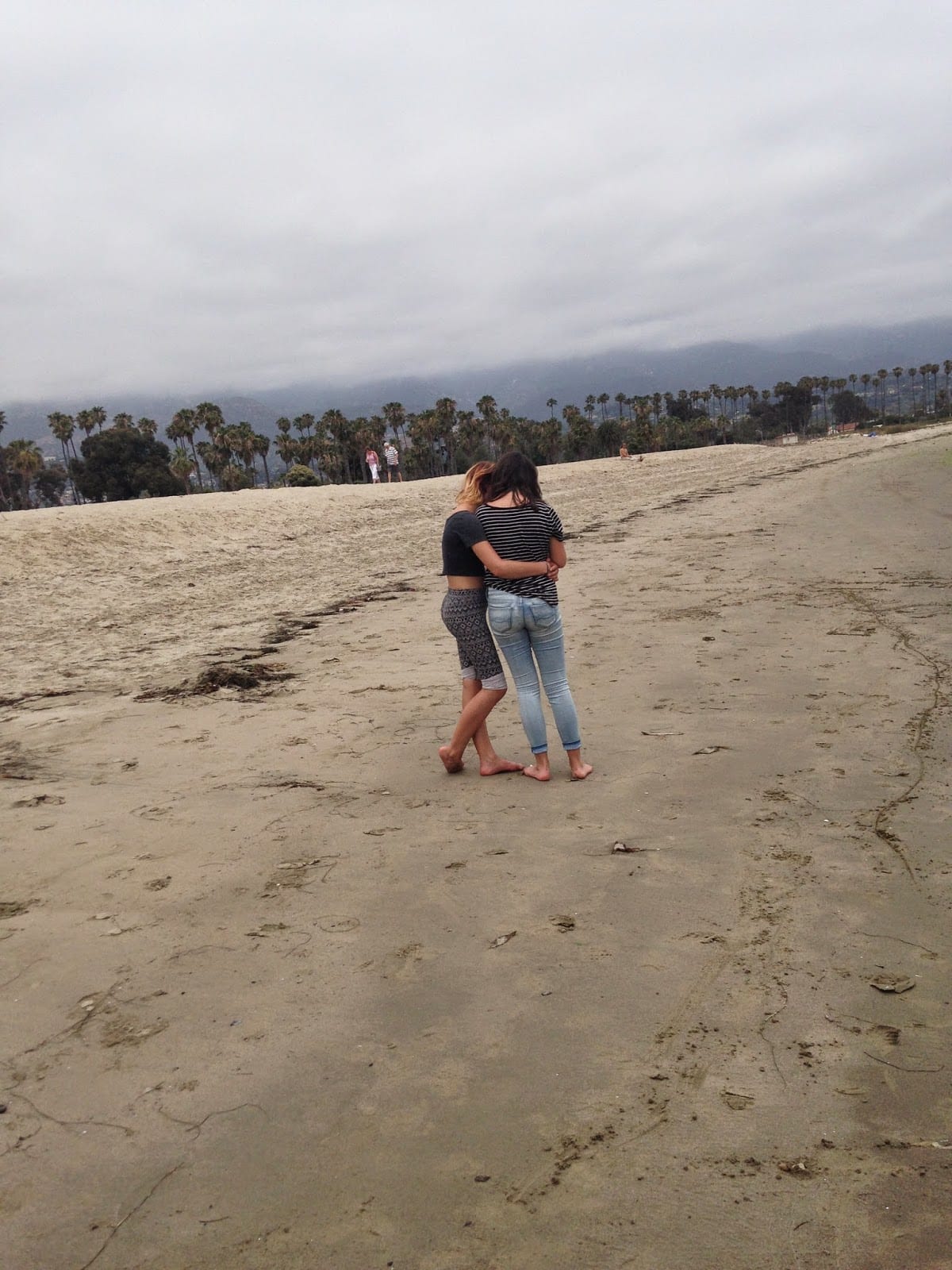First of all, I think that the way we generally talk about the entire concept of “work-life balance” misses the mark. All too often, I hear it spoken of as though it is a fixed point, something to achieve and then rest in. As I creep ever-closer to middle age, I am cognizant of the fact that assessing the time and energy I put forward into different areas of my life is an ongoing process. Before I was married, there were certain goals and values that drove how I spent my time. After marriage, they shifted. When Bubba and I bought our first house, they shifted again. Having kids threw a huge wrench into how I saw the minutes of every day, and now that they are older and more independent, I am re-evaluating again. There is no such thing as a fixed target to shoot for.
When I left my paying job to stay at home with my kids, there was this assumption that I had no “work,” and to be completely honest, I bought into that idea for way too long. The fact is, because of my inability to compartmentalize the different aspects of my life, what really happened was that my work became my life. That is, everything mothering and household-running was so important and so pressing that I did it 99% of the time, but because I didn’t consider it my job, I didn’t fully acknowledge that I had ceased doing so many of the things I enjoyed doing before that I considered my “life.” I had allowed everything to bleed together and become one which meant that I had very little that was just mine. Because very few others recognized what I was spending the majority of my time doing as “work,” it was hard to justify my frustrations with this dynamic, which made me all the more unhappy.
Prior to having children, I had lots of ideas about the kind of work I wanted to do, things I might find meaningful and worth spending 40+ hours a week doing. I wanted to enjoy my work, but I also wanted to be able to fully enjoy those other parts of my life like working in the yard and hiking with Bubba and having dinner with friends. As soon as I quit to stay home and the hours of “work” were not clearly delineated, the shift was monumental. When I was at my office, I couldn’t empty the dishwasher or fold a load of laundry or fix the bathroom toilet because I wasn’t physically at home to do it. Now, suddenly, at home, it felt as though I were cheating if I chose to sit on the couch and read instead of doing any of those things because my home and my children had become my work and it was staring me in the face all the time.
Over the past fifteen years, my level of freedom from parenting and household work has ebbed and flowed, and I have had the opportunity to make choices over and over again about what other kind of meaningful work I can do – paid or not. I have obviously chosen writing as one of those things, but I have also found volunteer positions with organizations I want to support. I have come to understand that the most important question I can ask when I consider doing any kind of work is not “do I have time for this?” but “how will this feed me?” If I choose to spend my time engaged in activities that align with my passions and interests, even if they are intense and challenging, I know from experience that I will ultimately end up feeling energized and sated. There will be times when that work means I won’t cook dinner from scratch for the family or the dog won’t get his customary three to four walks a day or the laundry will pile up, and that’s okay. The freedom to schedule my own time, to float between different types of work is something for which I am immensely grateful. Being the primary parent to my kids means that my work is often a reaction to something else – hunger, dirt, transportation needs – and it is generally satisfying, if only until the next meal or pile of laundry or basketball game. Having the ability to engage in other work that is proactive and creative is something that feeds me in a different way, and that is just as important. My work and my life are very closely intertwined and it is often hard to see where one leaves off and the other begins, but I’m not sure that it is important to discern those boundaries. Knowing that there are some tasks I will engage in that I really don’t enjoy is okay as long as they are part of the bigger picture and the larger goals I have. For me, the trick is to make sure that I am mindful of the tasks that ignite a fire in my belly and I find a way to do them with regularity. Often, emptying the dishwasher again can feel like a slog, but if I’m doing it because I know I will be able to sit down and write or read or go to a meeting without wishing I’d done it, I have more mental freedom to fully engage with what I’m doing.
The typical way that we talk about work-life balance sets up a dynamic where the two are pitted against each other in some surreal tug-of-war where one necessarily ends up losing and the other winning, at least for a while. But the fact is, if we are actively choosing to spend time not working for pay (at least not full-time) and staying home with our children, the most important thing is not to parse out bits of time for “work” and “life” but to recognize that within this setup, we can actively choose to engage in things that we find fulfilling and interesting. When we do that, we are enhancing our lives and, by extension, our children’s lives because what they end up with is a happy, energized parent. This notion of some elusive “balance” between the energy we put into working and the energy we get from living is wholly false. If we are lucky, the two overlap in a Venn Diagram that allows us to find compensation and purpose and a sense of enjoyment without guilt. And as our children grow up and become more independent, we will have given ourselves the gift of meaningful work that we can continue to engage in more and more.
Bubba and I have recently begun having conversations about what our life will look like in five years when Eve and Lola are both gone to college. At that point, it will be important for both of us to have some shared purpose and some individual interests. If we apply this particular way of looking at “balance,” and are able to identify the things that we enjoy doing together and apart, and fully support the others’ need to engage in both, perhaps the shift to this new lifestyle will be smoother. (Not that I won’t cry a big, ugly cry when my last one moves out, but, hey, it’s a start…)





